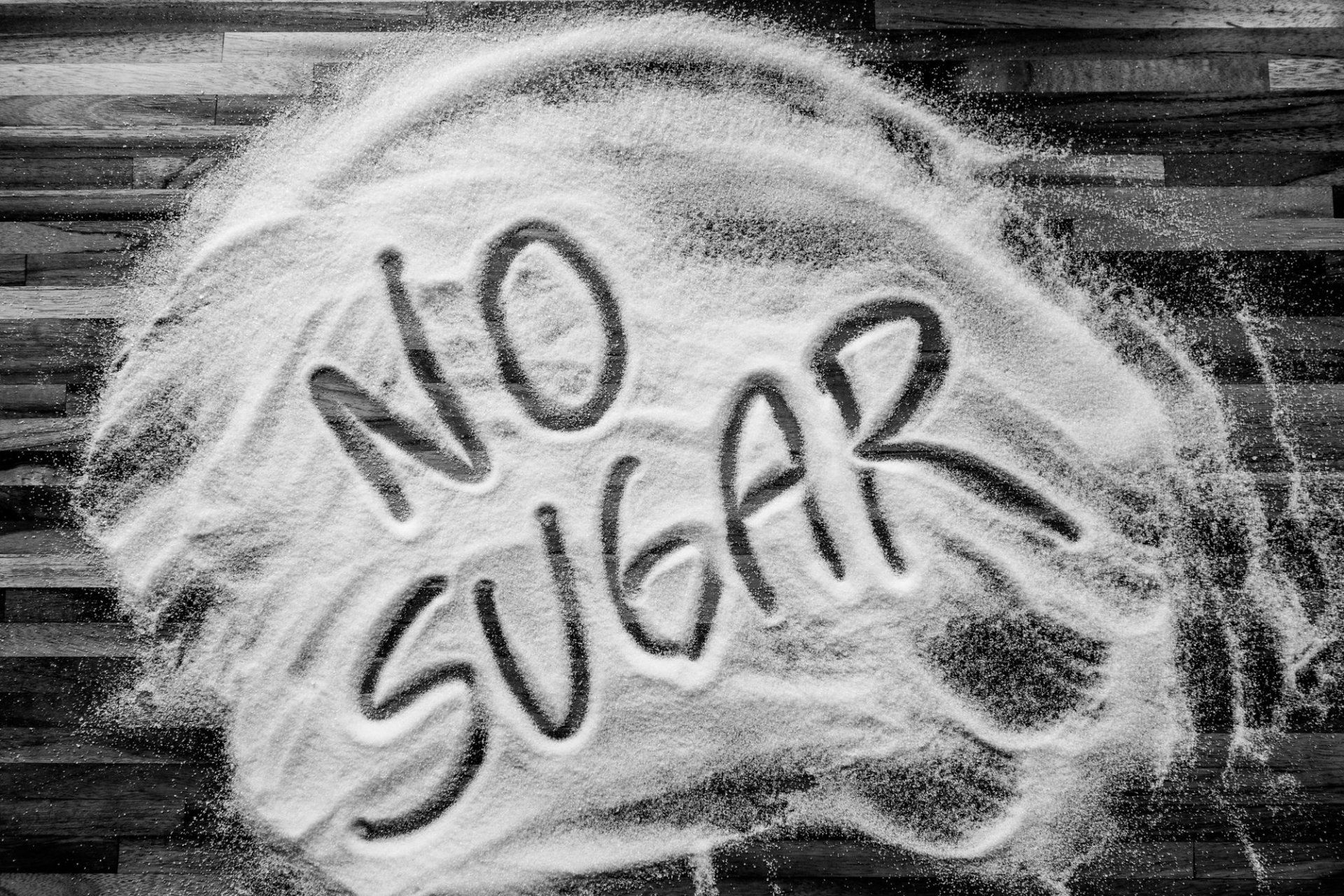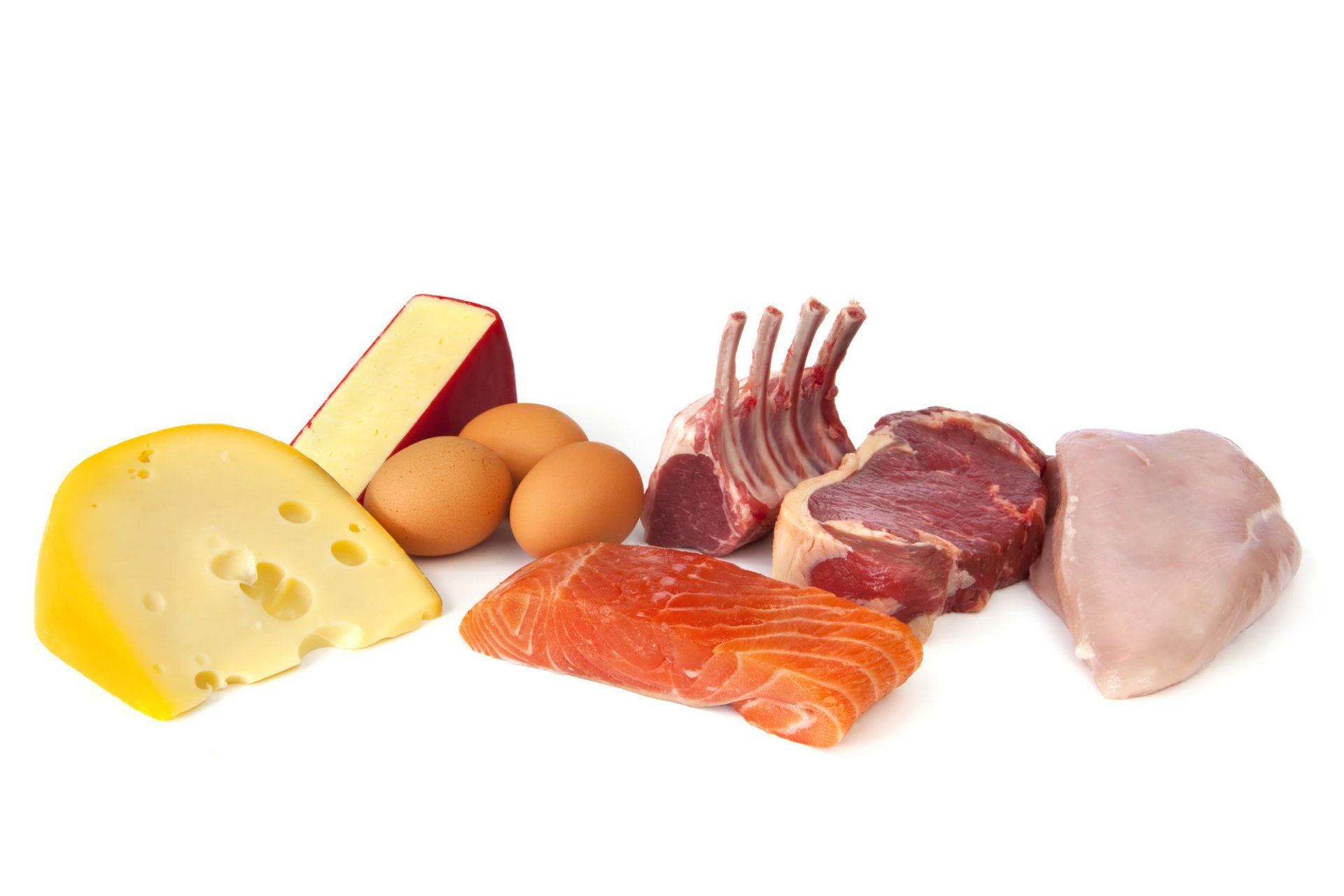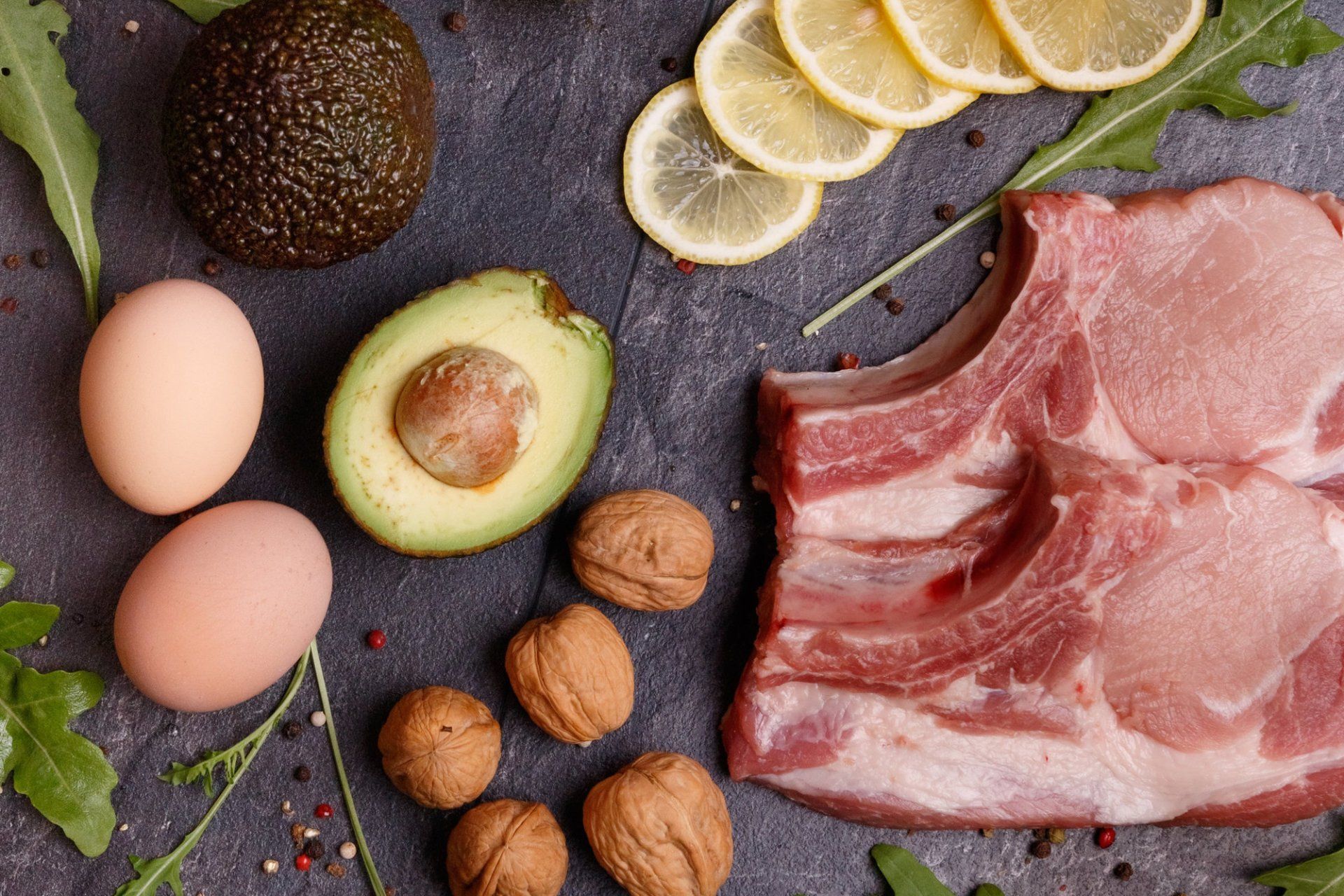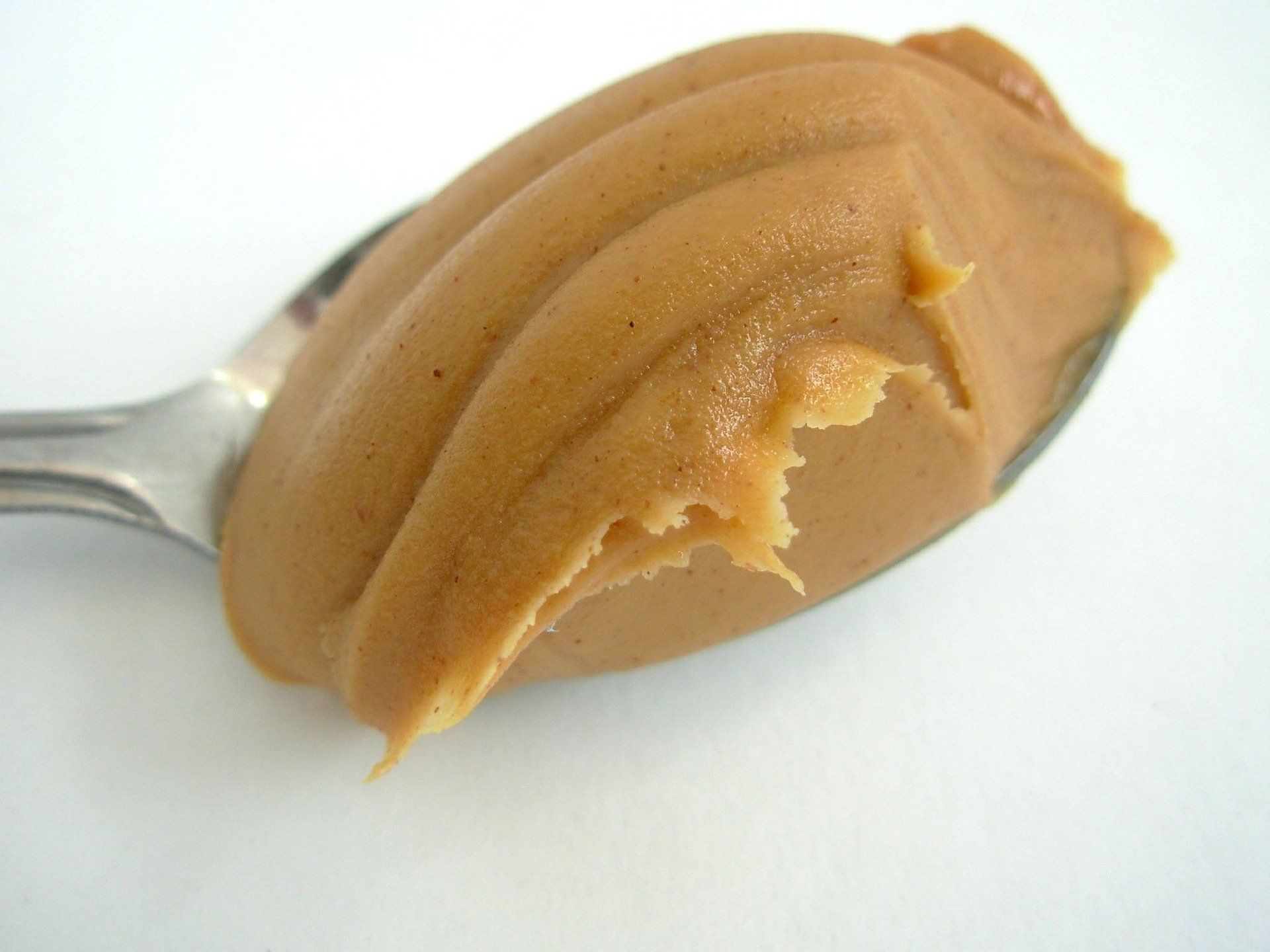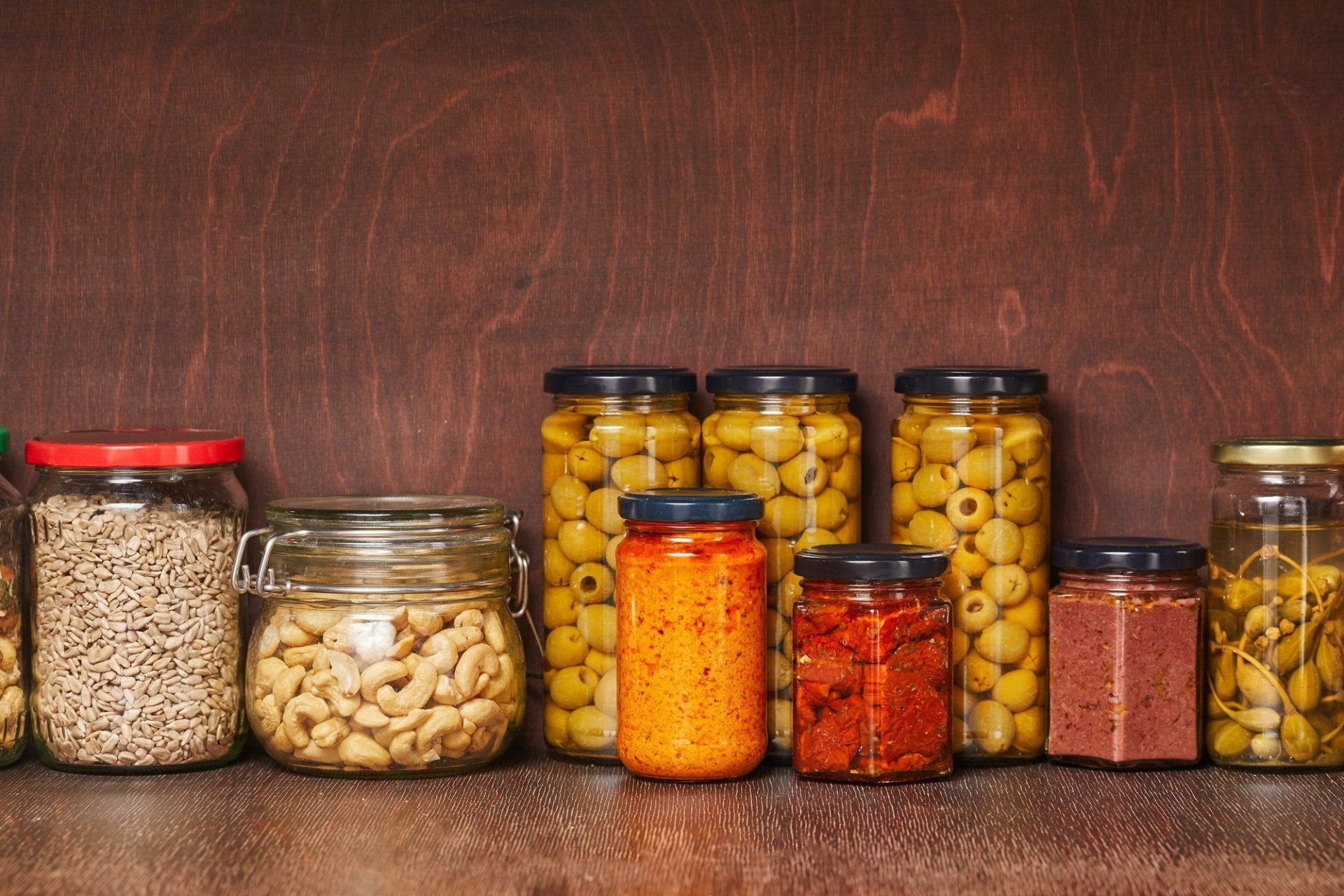How to Successfully Combine a Keto Diet with a Vegetarian Lifestyle
January 22, 2020
Living your healthiest life is your priority. A healthy diet is one of the quickest ways to improve the way you look and feel. This means you are constantly on the lookout for ways to improve your eating habits. People choose to follow a vegetarian lifestyle for numerous reasons including health, religion, the environment, and animal rights. Becoming a vegetarian means having restrictions on the foods you are able to eat. This leaves many vegetarians wondering if it is possible to combine a vegetarian lifestyle with a ketogenic diet. The answer is yes! It is very possible to follow a keto diet if you are a vegetarian and here's how you do it.
The Keto Diet Summarized
The Keto Diet Summarized
The purpose of the keto diet is to reduce the sugar stores in your body so that your body becomes more efficient at breaking down fat and protein. A keto diet is extremely low in carbohydrates, moderate in protein, and high in healthy fats. The typical breakdown is:
- 5% carbohydrates
- 20% protein
- 75% healthy fat
Your body enters a metabolic state known as ketosis that uses ketones for energy instead of glucose. Since the keto diet calls for extreme discipline in itself, you may wonder how you can successfully practice a vegetarian lifestyle at the same time.
The Basics of a Vegetarian Lifestyle
The traditional definition of a vegetarian is someone who does not eat red meat, poultry, fish, or seafood. This type of lifestyle also excludes any byproduct from animals such as broth, fats, or oils. A vegetarian diet does include:
- Vegetables
- Fruits
- Nuts
- Seeds
- Eggs
- Dairy products
- Honey
It is important to understand that a vegetarian lifestyle does not equal a healthy lifestyle. For example, candy, sodas, and cookies are technically vegetarian but do not make for a healthy diet. The fact of the matter is that some vegetarians are overweight due to high carbohydrate consumption. This is where adding the keto diet to a vegetarian lifestyle can help reduce the amount of body fat. How can you combine a keto diet and a vegetarian lifestyle?
The Advantages of a Vegetarian Keto Diet?
A vegetarian keto diet combines the best of both worlds and can offer a myriad of advantages when adhered to correctly. Benefits include:
- Reducing your carbon footprint
- Increased energy
- Weight loss
- May decrease your risk of developing heart disease or cancer
Pay Attention to Your Protein Intake
According to keto guidelines, 20% of your diet should be protein. This can be tricky if you are a vegetarian. Only protein from animal sources contains all 9 of the essential amino acids required by the body. Since proteins from animal sources are not allowed on a vegetarian diet you have to get more creative. Using plant proteins like nuts and seeds combined with eggs and high protein dairy products can help to make sure you are receiving the nutrients you need. It may be necessary to take a dietary supplement in order to get the amino acids that you aren't able to from your protein sources.
Approved Carbs for Keto/Vegetarian Diet
Vegetarians tend to rely heavily on foods high in carbohydrates such as whole grains and starchy fruits and vegetables. Since the keto diet calls for low carbs, vegetarians who follow the keto diet will have to find alternative foods. Suitable alternatives include:
- Spinach
- Kale
- Brussels sprouts
- Lettuce
- Asparagus
- Green beans
- onions
- mushrooms
- blackberries
- strawberries
- blueberries
Keto and Vegetarian-Friendly Condiments
Many condiments are too high in sugar and carbohydrates to be suitable for a keto diet. However, there are select condiments available that keto/vegetarians are able to eat. Before you pick a bottle off of the shelf at the grocery store, be sure to read the label carefully for hidden carbs, sugars, or animal by-products. Try these keto/vegetarian-friendly options:
- Hot sauce
- Yellow mustard
- Sugar-free ketchup
- Sugar-free salad dressings
What Beverages Can You Consume on a Vegetarian Keto Diet?
If sodas are your drink of choice, this can be a difficult habit to break. However, one can of soda may put you over your daily carb limit. Water is always your best option when it comes to hydration. There are times when you need something with a little more flavor. Drinks such as Propel that are flavored with non-carbohydrate sweeteners are a good option as well as sugar-flavored carbonated water.
What Oils are Both Keto and Vegetarian Approved?
Choosing oils that are high in healthy fat and free of animal by-products is important. Oils that meet both of these requirements include:
- Olive oil
- Coconut oil
- Flaxseed oil
- Macadamia oil
Foods High in Healthy Fats for a Vegetarian Keto Diet
When following a keto diet, healthy fats should make up about 75% of the foods you consume. The catch is that these need to be healthy fats. Followers of the diet tend to rely heavily on nuts and seeds to consume enough healthy fats. Foods high in healthy fats include:
- Pistachios
- Pecans
- Macadamia
- Flax-seed
- Cashews
- Almonds
- Pumpkin seeds
- Brazil nuts
The Key to Being Successful on a Vegetarian Keto Diet
The key to being successful on a vegetarian keto diet is to understand what you can and cannot eat and plan accordingly. Plan out weekly meals so that you always have approved food at your fingertips and reduce the risk that you will go off track and throw your body out of ketosis. Being proactive about your lifestyle will help ensure long-term success and your ability to reap the health benefits that come with a vegetarian keto diet.
The Casual Keto Doctor
is your go-to place to learn tips and tricks for sticking to a vegetarian diet as well as a platform for connecting with other followers just like you. Learn about their experiences, ask questions, and get the support you need to stick with it. Check out the doctor's podcast
and Instagram for more conversations, tips and personal stories. Share some of your own and help others who are just getting started!
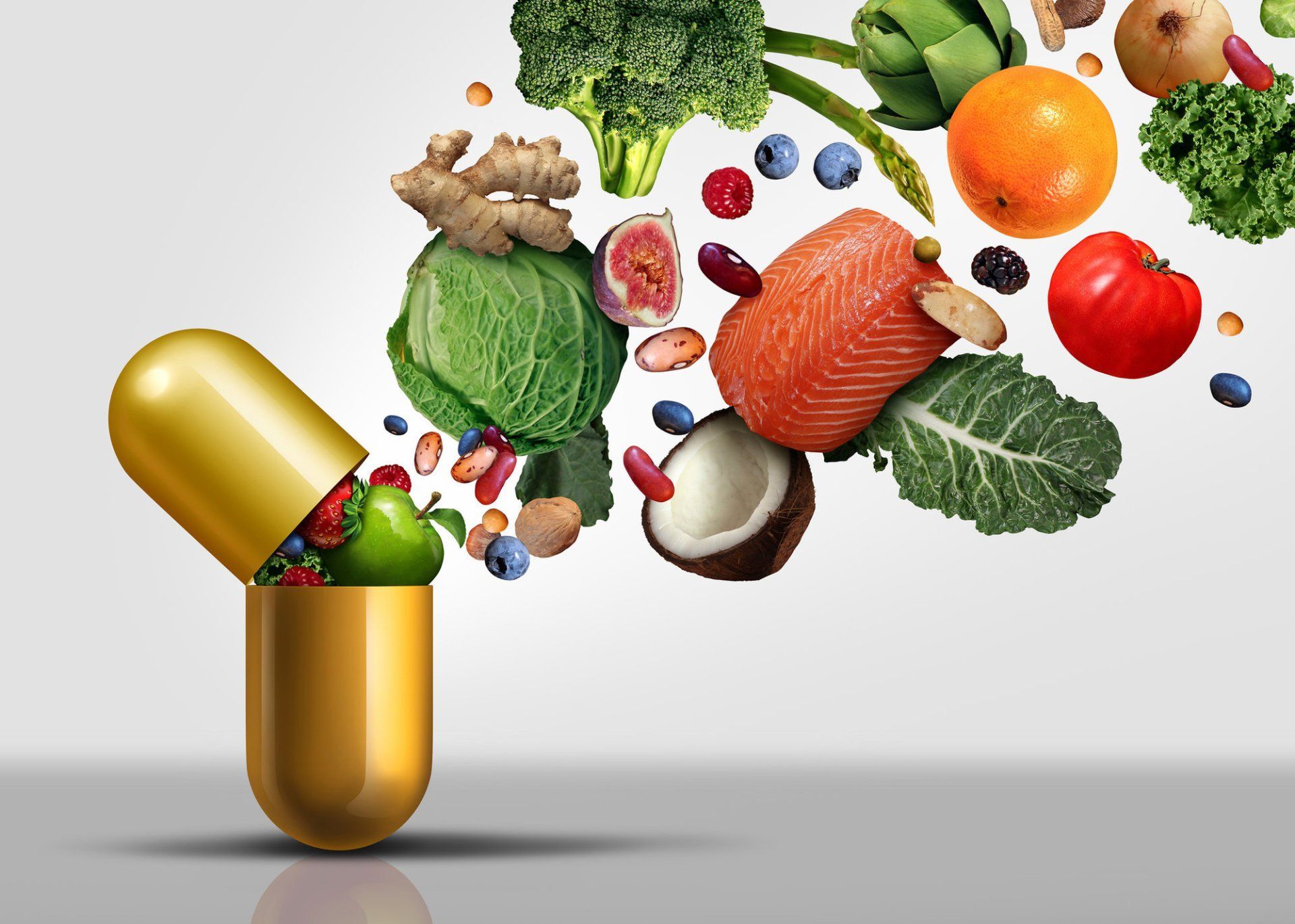
In theory, if you follow a well-balanced, varied diet eating the keto way, you should be able to get all the vitamins and nutrients your body needs from your food. In reality, with hectic schedules, social and family commitments, and society's fast-paced lifestyles, you may not be able to get everything you need from the food you eat simply due to lack of time to shop and prepare the right foods. We are going to take a look at a comprehensive list of supplements that people who follow the keto lifestyle may find helpful to balance their diet to ensure they are getting all the nutrients their bodies need to stay healthy and strong. We will break down each supplement and discuss what benefits there are to taking them regularly and what they do for the body. Please take note that although we are listing 13 different supplements, not everyone needs all of them. It is not necessary to run out and stock up on a dozen different supplements. You may only need one or two. We suggest you evaluate the list and determine which ones address health concerns you have for yourself and which ones may help with physical issues you are currently experiencing.

The keto diet is a very popular lifestyle that is well-known for helping followers lose weight and maintain a healthy lifestyle. It has also gained a reputation for its very strict dietary requirements. This leaves many concerned that they will no longer be able to indulge their sweet tooth or enjoy a treat from time-to-time. This is not the case. You've probably seen or even had fat bombs, yet many people may not really understand what they are. However, for those on the keto diet, they are an excellent way to maintain your lifestyle while treating yourself at the same time! This is your guide to fat bombs, the keto diet, and common pitfalls to avoid!


